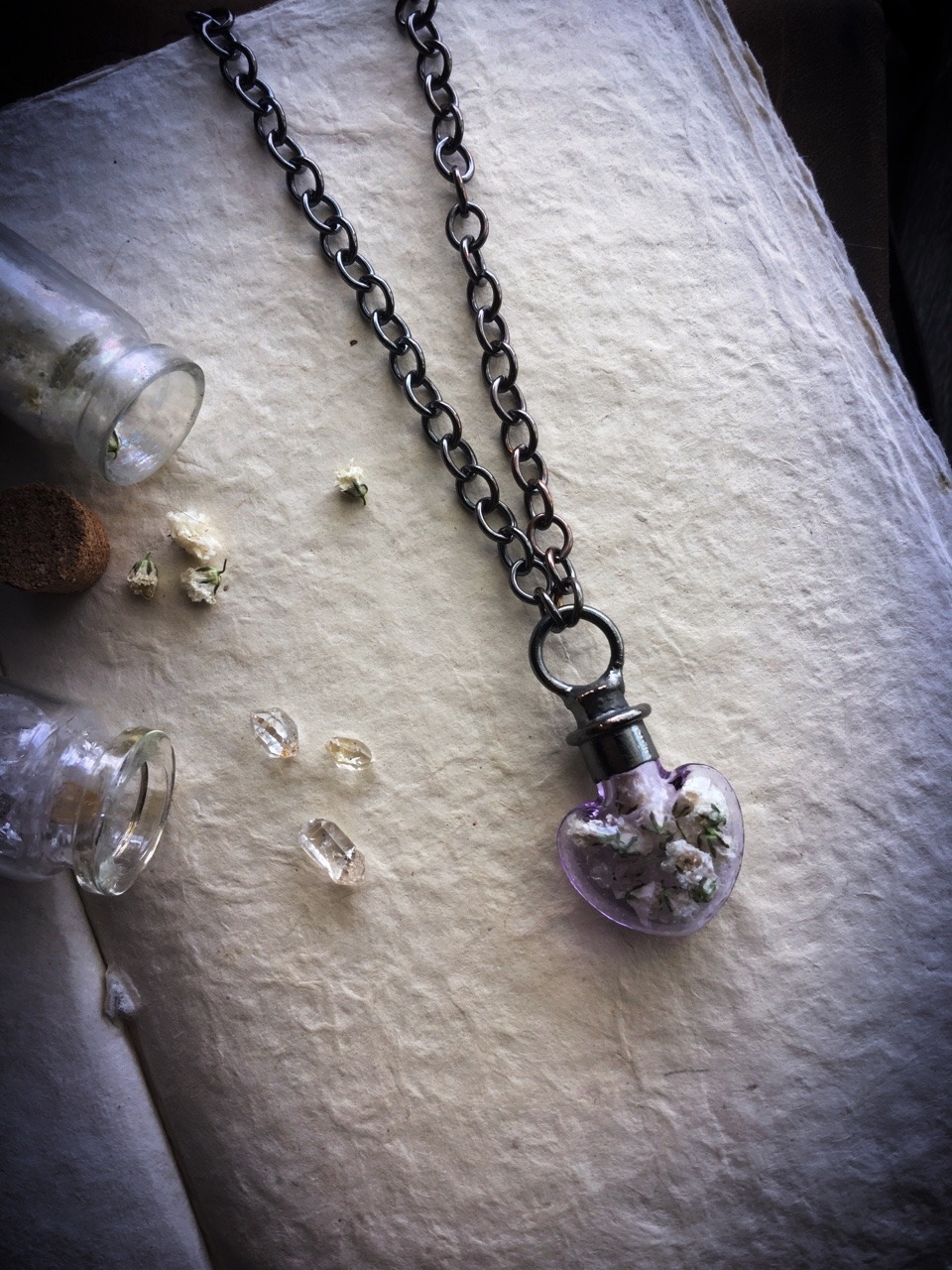

Some castles had larger provision for prisoners, such as the prison tower at Caernarfon Castle. Purpose-built prison chambers in castles became more common after the 12th century, when they were built into gatehouses or mural towers. The Tower of London is famous for housing political prisoners, and Pontefract Castle at various times held Thomas of Lancaster (1322), Richard II (1400), Earl Rivers (1483), Richard Scrope, Archbishop of York (1405), James I of Scotland (1405–1424) and Charles, Duke of Orléans (1417–1430). Noble prisoners were not generally held in dungeons, but lived in some comfort in castle apartments. Imprisonment was not a usual punishment in the Middle Ages, so most prisoners were awaiting trial, sentence or a political solution. The earliest use of oubliette in French dates back to 1374, but its earliest adoption in English is Walter Scott's Ivanhoe in 1819: "The place was utterly dark-the oubliette, as I suppose, of their accursed convent." History įew Norman keeps in English castles originally contained prisons, though they were more common in Scotland. The use of "donjons" evolved over time, sometimes to include prison cells, which could explain why the meaning of "dungeon" in English evolved over time from being a prison within the tallest, most secure tower of the castle into meaning a cell, and by extension, in popular use, an oubliette or even a torture chamber. Donjon is therefore a false friend to dungeon (although the game Dungeons & Dragons is titled Donjons et Dragons in its French editions).Īn oubliette (same origin as the French oublier, meaning "to forget" ) is a basement room which is accessible only from a hatch or hole (an angstloch) in a high ceiling. In French, the term donjon still refers to a "keep", and the English term "dungeon" refers mostly to oubliette in French. Though it is uncertain, both dungeon and donjon are thought to derive from the Middle Latin word dominus, meaning "lord" or "master". The proper original meaning of "keep" is still in use for academics, although in popular culture it has been largely misused and come to mean a cell or "oubliette". The first recorded instance of the word in English was near the beginning of the 14th century when it held the same meaning as donjon. The word dungeon comes from French donjon (also spelled dongeon), which means " keep", the main tower of a castle.


 0 kommentar(er)
0 kommentar(er)
